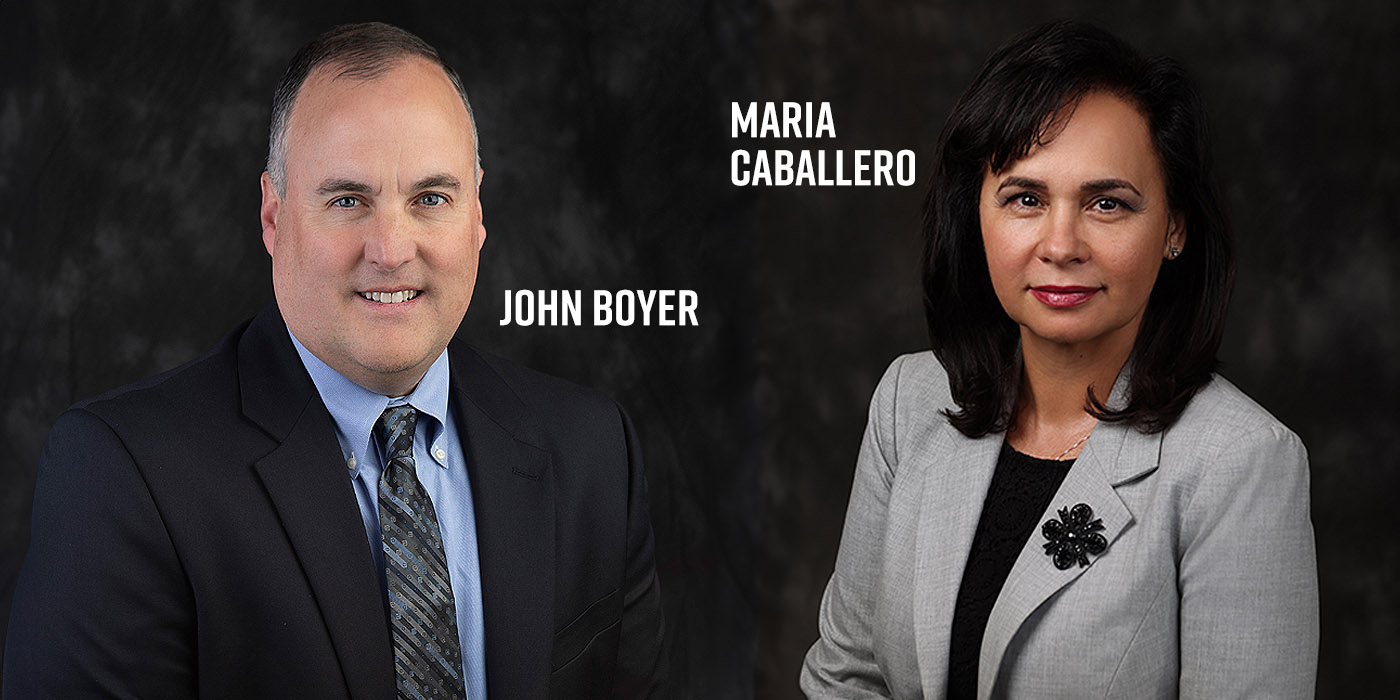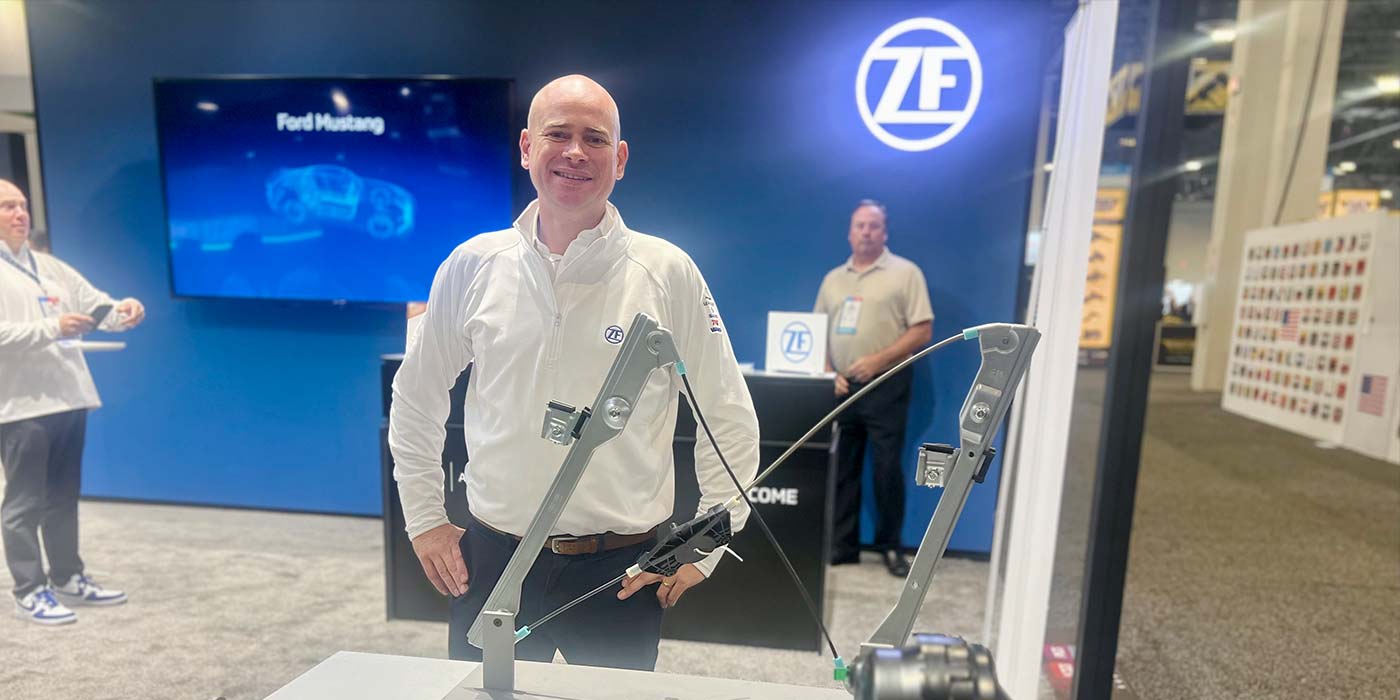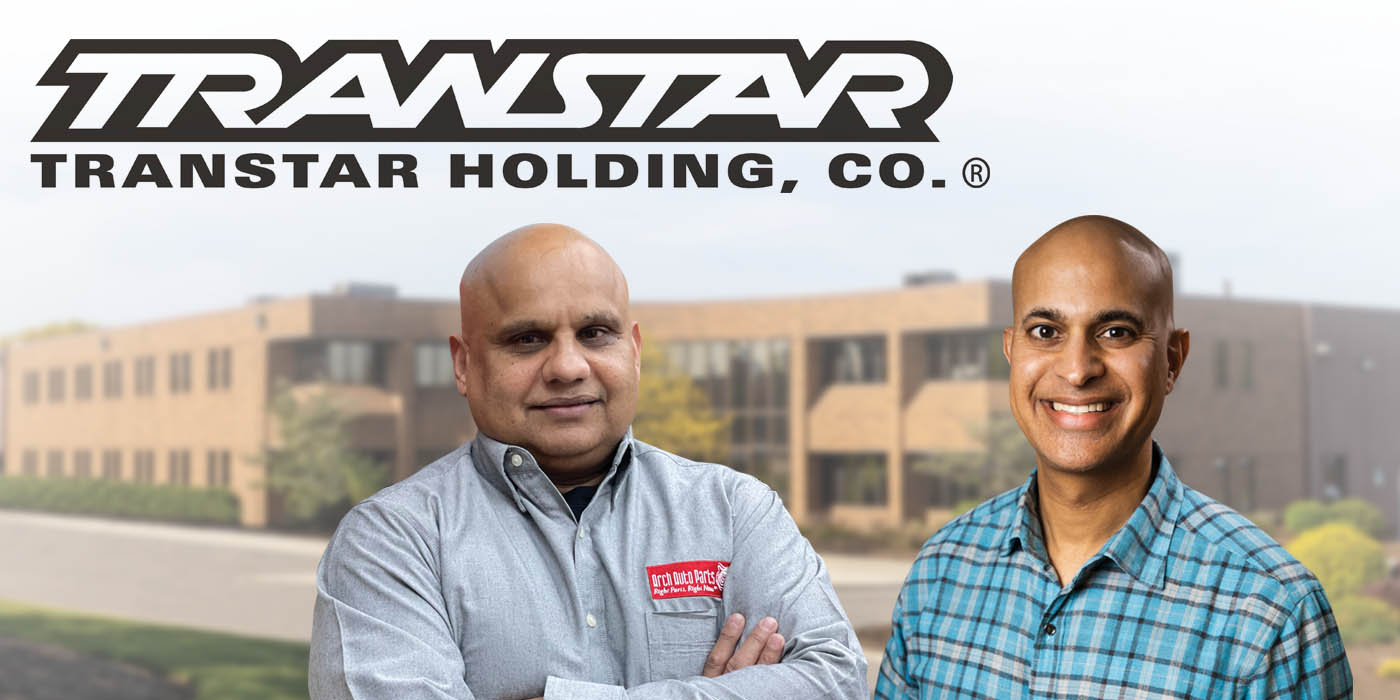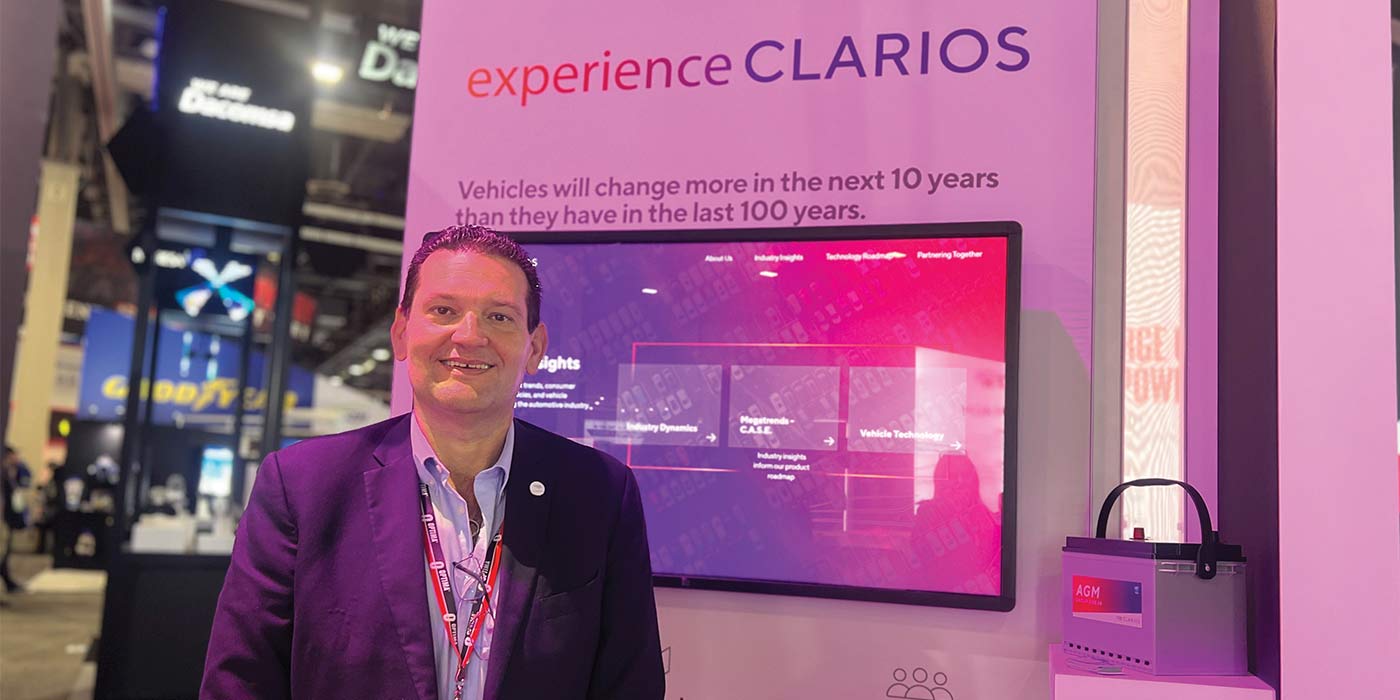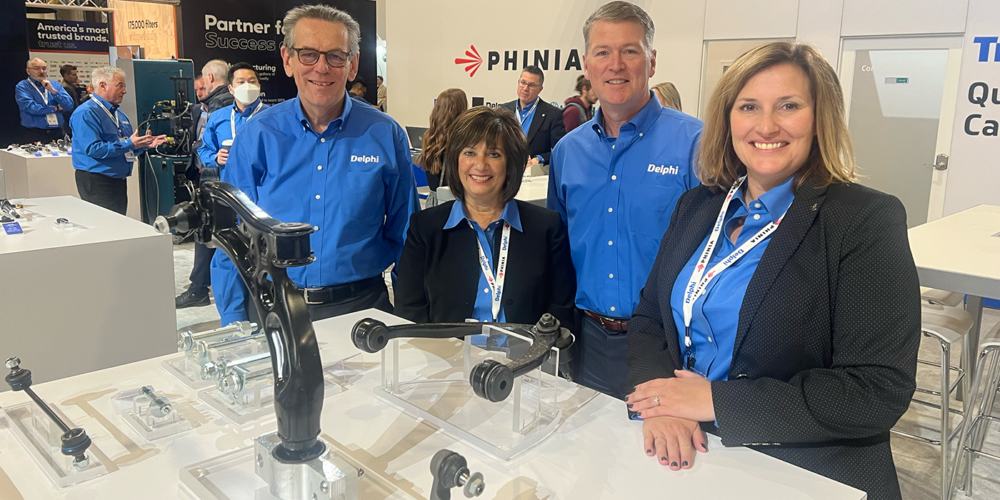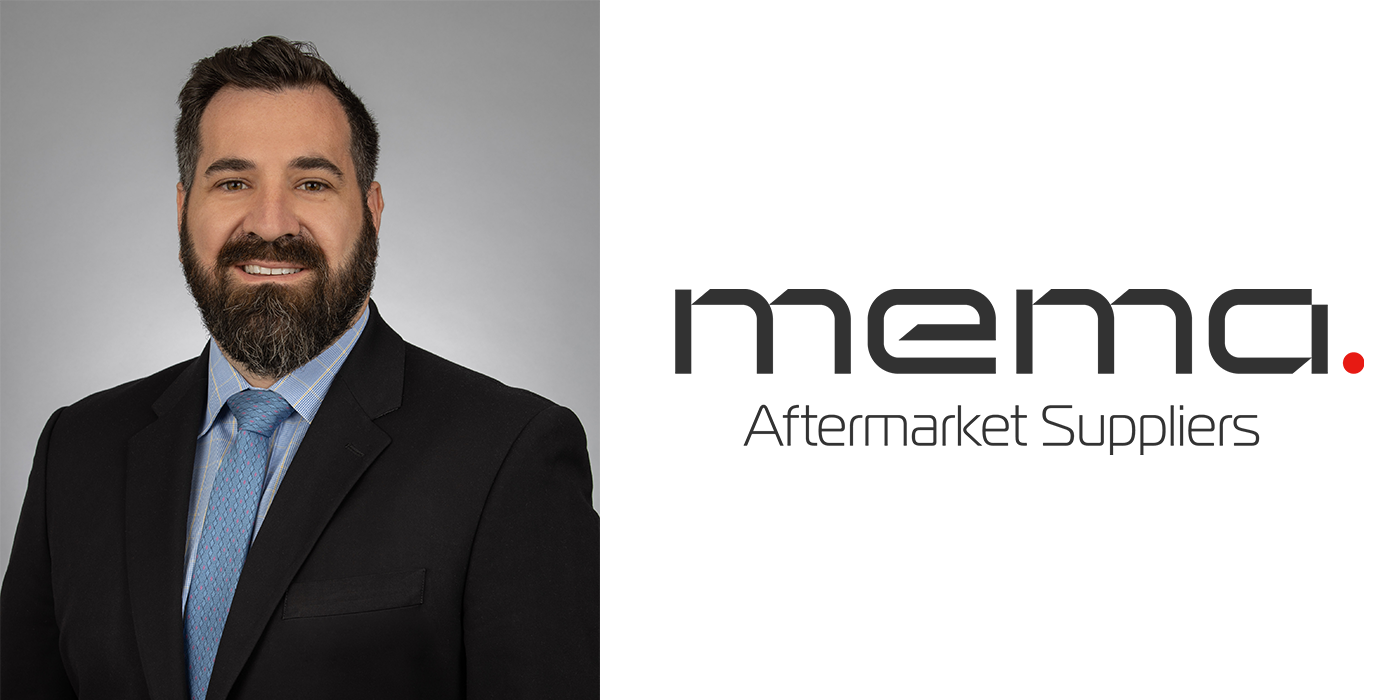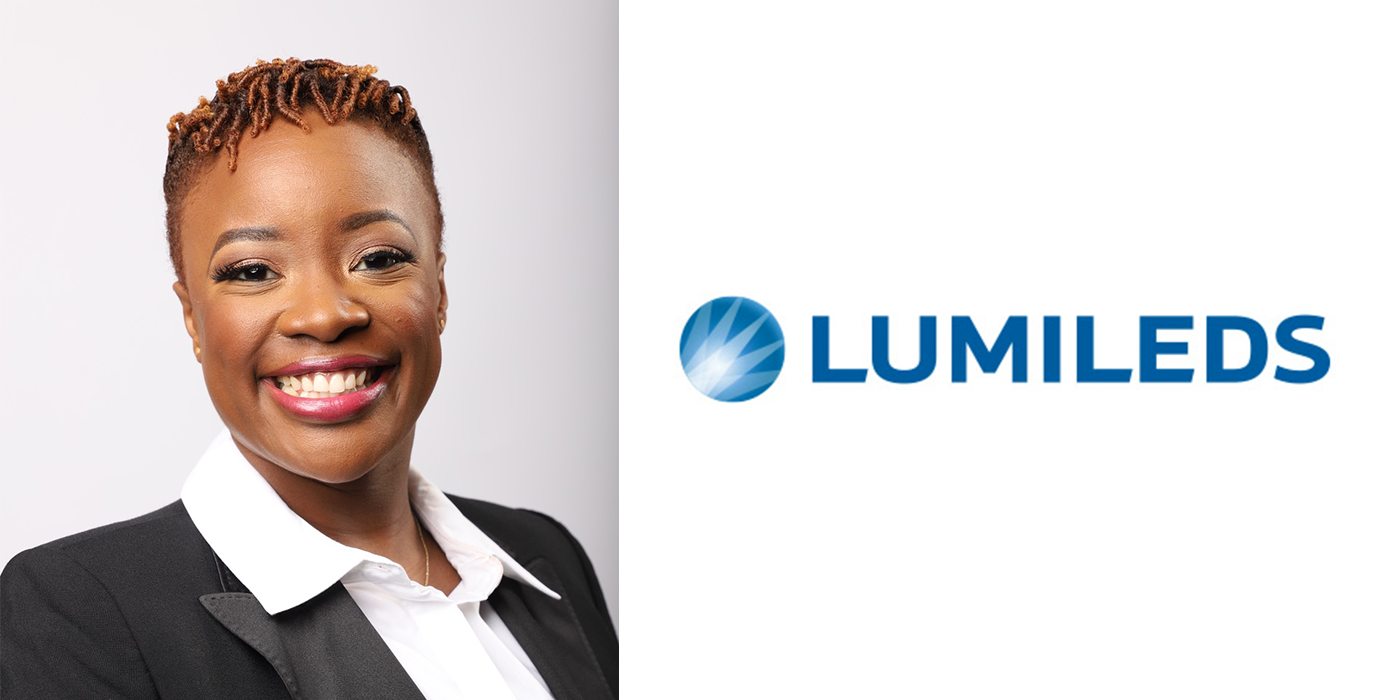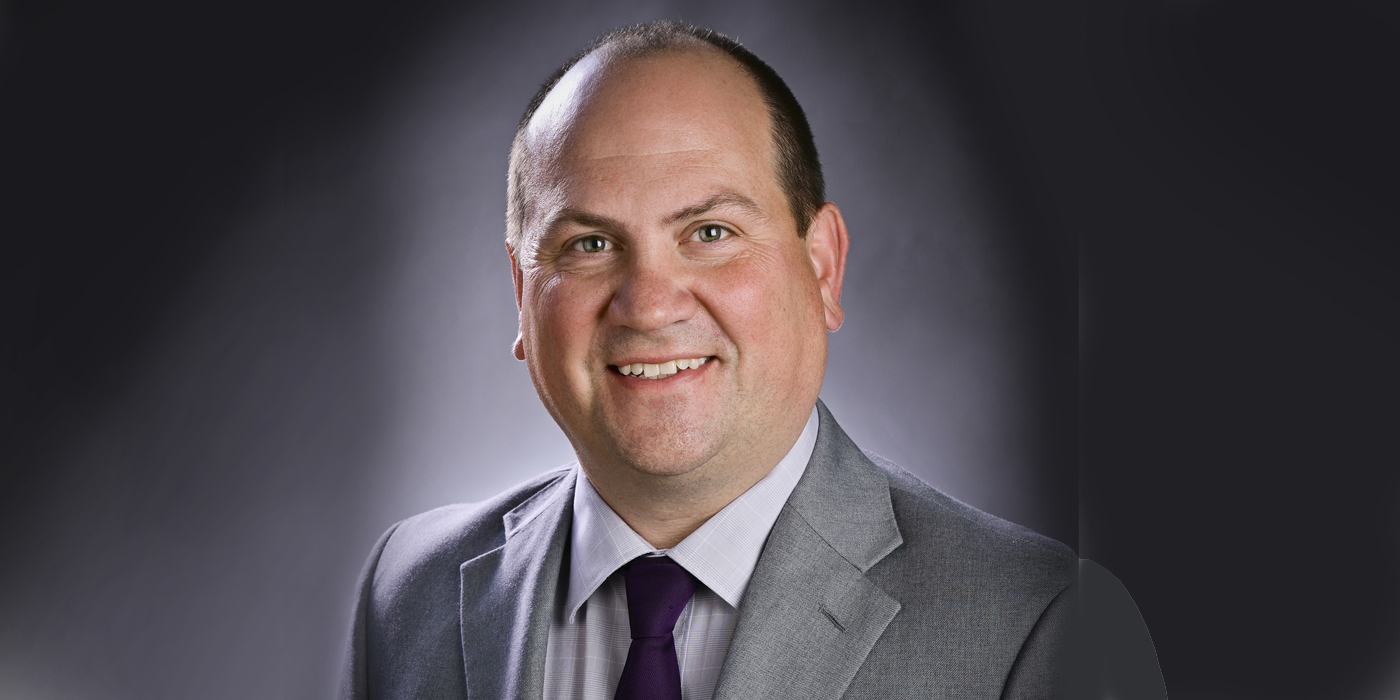SALT LAKE CITY, UTAH —

Every other week, aftermarketNews.com offers an interview with a high-profile individual in the automotive aftermarket. We give executives free rein to express their views on anything from the state of their corporations to recent legislative news to future trends in their niche markets. Here you see what matters to the newsmakers themselves.
Our latest edition of “Executive Interview” features Rex Falkenrath, founder and CEO of Hi-Tech Engine Components. Falkenrath founded Hi-Tech in August of 1973. With more than 31 years in business, Hi-Tech Engine Components has developed a full line of engine parts and kits sold nationally through parts store chains and program distribution groups.
Falkenrath has extensive experience in the automotive aftermarket, including serving as a member of the board of directors and president of the Automotive Trade Association from 1974 to 1981. He also served as chairman of National Association of Credit Management/Robert Morris Associates legislative committee and Washington D.C lobbying effort in 1979,1980 and1981. He also served on the board of directors, Industry trade show PAS/Big I in 1982.
Recognized as one of the original engine kit specialists in the late 70’s and early 80’s, Falkenrath and Hi-Tech went on to become one of the pioneers of lean distribution practice in the 90’s. Falkenrath is presently guest lecturing on lean distribution at Brigham Young University’s Marriott School of Business and Westminster’s Gore College of Business. The most significant accomplishment of his career, he said, has been the development of a full line of engine parts and cranks, plus the lean distribution model to deliver them on an “Outsource” basis.
Join us as we learn more about Hi-Tech Engine Components and the engine parts market.
How old is Hi-Tech?
The company was incorporated in 1973. The brand Hi-Tech was registered as a trademark in the early 80’s and it is now regarded as a national brand.
What makes Hi-Tech unique?
We offer our customers an easy solution to participate in the category of engine parts, kits and crankshafts. Hi-Tech provides a broad inventory for our customers to outsource and we deliver directly to their part stores early the next morning, nationwide. Beyond providing the supply chain we also become the engine part experts for their stores and their customers via toll free 1-800 service. Combined tech support and order entry personnel are dedicated to each customer and are available 6 days a week. Our customer’s busiest day is Saturday and we are there to support them.
Why have you chosen Salt Lake City, Utah for your distribution center?
In 1993 we purchased a distribution center just minutes from the Salt Lake Airport. The location was important because most of our shipments are sent FedEx priority overnight. Another benefit is that Salt Lake is on Mountain Standard Time. This means that east coast customers can order up to 5:00 or 6:00 PM eastern time and still receive their orders early the next morning nationwide.
Has parts proliferation affected engine parts?
Absolutely! In 1985 more than 2,000 engine parts could cover 95 percent of sales. Today Hi-Tech offers 23,653 part numbers. When two of the country’s leading engine part suppliers shut down their branches in the 90’s distributors could not justify adding thousands of parts and simply lost market share. Our “Outsource Solution” is bringing them back into the business. They also need expertise and we provide that for them as well.
Are there quality issues in engine parts?
For the most part, quality in our segment is pretty good. Our brand, Hi-Tech, must each day earn the end-user’s trust. We can never compromise our quality. The stand out exception to the industry’s quality level is many of the remanufactured crank kits. Bowing to low-ball price targets, many crank suppliers are clearly not restoring the crank to the factory specs. Most troubling is that no other engine part will cause more catastrophic damage if it fails. I think that this will correct itself over time. Part stores do not want to be associated with products that have high warranty rates. Hi-Tech has experienced rapid growth with a premium quality crank kit at a fair price.
Isn’t the engine parts category in decline?
AAIA shows the category at about $1 billion annually (at manufacturers selling price) and declining 7.5 percent. However, SEMA just released their study and restoration, street legal performance and high performance engine related parts are growing at 7.7 percent representing $5 billion in annual sales (at retail). The Performance Racing Industry trade show, displaying mostly engine parts, has rapidly grown to more than 40,000 eager buyers and will expand again this year. It is clear that late model stock engine parts are replaced less often. Yet the “baby boomers” are restoring their cars of yesteryear or creating street rods at a brisk pace. Millions of “baby boomers” were taught to work on engines in high school shop class and they work on their project cars with a passion. Cruise nights and car shows have become mainstream American entertainment for the entire family and car racing is one of the most popular sports.
When local distributors retreated from engine parts as the branches closed, the demand did not go away, it shifted. Engine parts consumers shifted to mail order, Internet sites, regional specialists and back to the car dealer. The customer now has to wait for the part to be shipped. Part stores that lost market share can easily get back into the business. In the area of engine kits, the related sales are actually greater than the kit sale. We have analyzed our customer’s marketbasket and for each $1 sold in engine kits, $1.57 worth of related items is sold with it. Stores trying to grow same store sales comps would be wise to consider growing engine kit sales by outsourcing the kits.
What’s the biggest challenge facing the engine parts market?
I think the biggest challenge is for the suppliers to focus enough on the category and help their customers understand how it is changing. For example, in 1965 the Ford Mustang ushered in a decade of cars that represent much of today’s engine restoration. Does your electronic catalog support these vehicles? Does your engine kit supplier catalog them in its paper catalog? Parts proliferation will continue and unless the suppliers develop a more efficient supply chain, shelves will be loaded with slow turnover parts. And as for a very bright spot, truck’s and SUV’s residual value and functionality are so high that they are more likely to be repaired than crushed. Millions are out of warranty, have more than 100,000 miles and will need engine parts soon. Customers should ask themselves if they are prepared to supply the demand.
To learn more about Hi-Tech Engine Components, visit: www.hi-techengine.com.
_______________________________________
Click here to view the rest of today’s headlines.

